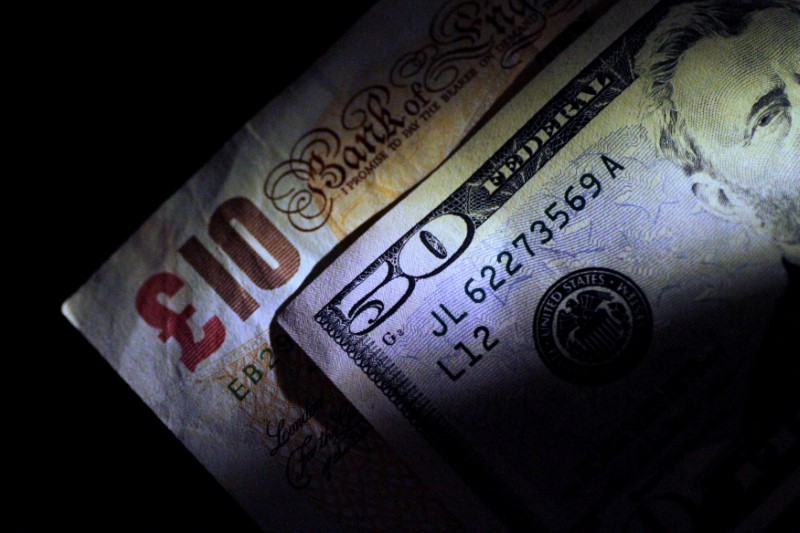Investing.com – The U.S. dollar slipped lower Friday, handing back some of the previous session’s gains on the back of strong retail sales, but remained on track for its third weekly gain in a row.
At 04:35 ET (08:35 GMT), the Dollar Index, which tracks the greenback against a basket of six other currencies, traded 0.2% lower to 103.495.
Dollar in demand
The dollar soared to an over 2-½ month high on Thursday following stronger-than-expected retail sales data, which added to recent signs of continued resilience in the US labor market.
This has resulted in traders largely inking in expectations for a 25 basis point cut by the Federal Reserve next month, a smaller cut than what the US central bank started the rate-cutting cycle in September.
The greenback has also received favor on raised expectations that Republican candidate Donald Trump wins the presidency next month, given the likelihood of dollar-supporting trade tariffs.
“We still think some de-risking into 5 November can lead to some defensive flows into the dollar,” said analysts at ING, in a note.
Sterling boosted by retail sales
In Europe, GBP/USD gained 0.3% to 1.3049, after data released Friday showed British retail sales unexpectedly rose 0.3% in September, beating economists’ expectations for a monthly 0.3% fall.
Combined with stronger gains in July and August, sales rose by 1.9% rise in the third quarter, the joint largest increase since mid-2021.
“Still, growth data is of secondary interest for the BoE right now. This week’s surprise dip in services inflation is more important, suggesting back-to-back rate cuts are becoming more likely,” ING added.
EUR/USD edged 0.1% higher to 1.0844, but the euro remains on course for a weekly loss of almost 1% in the wake of Thursday’s rate cut by the European Central Bank.
In fact, the dollar’s 3% three-week gain versus the euro is the sharpest rally since the middle of 2022.
The ECB cut interest rates by 25 basis points to 3.25%, following on from September’s move – the first back-to-back rate cut since 2011.
Although this reduction was widely expected, the quickening pace of rate cuts points to a worsening economic outlook amid signs that inflation is increasingly under control.
Yuan helped by GDP data
USD/CNY fell 0.3% to 7.1037, with the pair slipping back after hitting a near two-month high earlier this week.
Chinese GDP grew 4.6% year-on-year, as expected, albeit at a slower pace than seen in the prior quarter. Quarter-on-quarter growth slightly missed expectations, while year-to-date GDP still remained below the government’s 5% annual target.
The GDP data underscored the need for more economic support from Beijing. The Chinese government had unveiled a slew of stimulus measures over the past three weeks, including both monetary and fiscal measures, but a lack of clear details on the timing, implementation and scale of the planned measures spurred limited optimism among investors.
USD/JPY fell 0.1% to 150.00, with the Japanese yen firming slightly after reaching a near three-month low earlier in the session..
Consumer price index data showed inflation grew slightly more than expected in September, although it fell from 10-month highs hit in the prior month.

